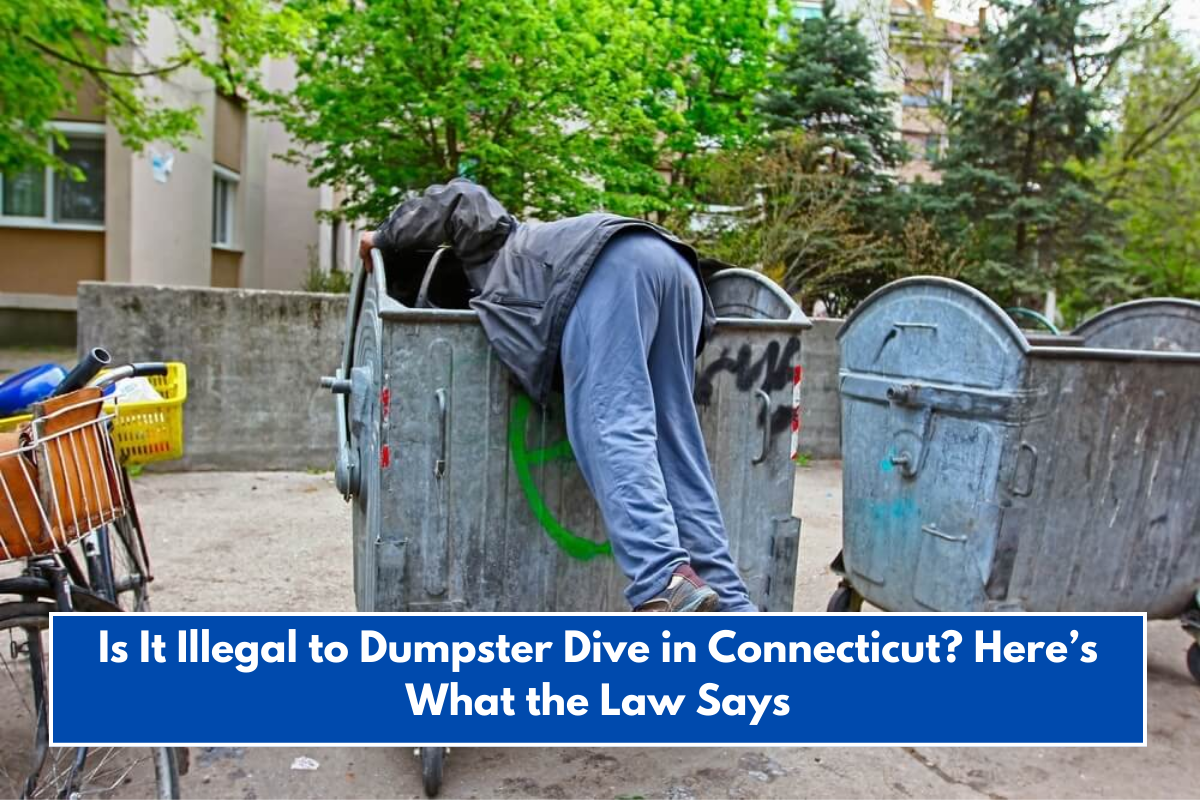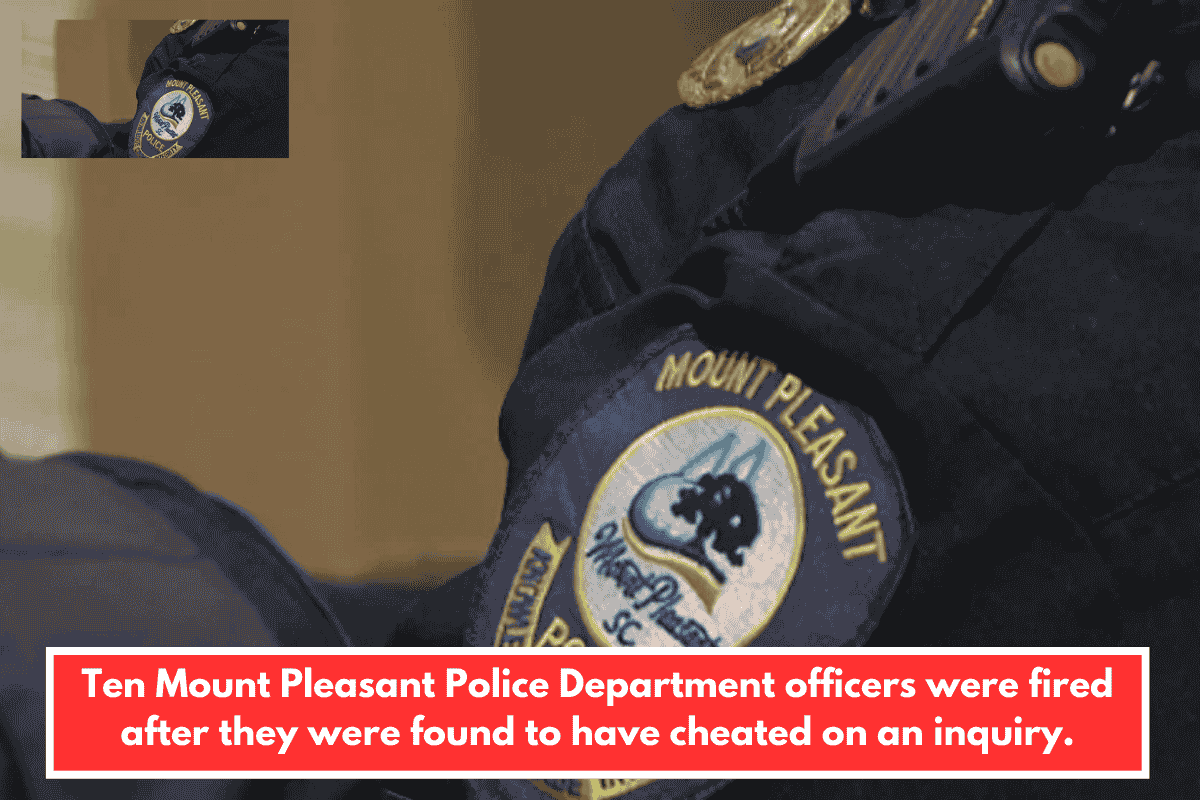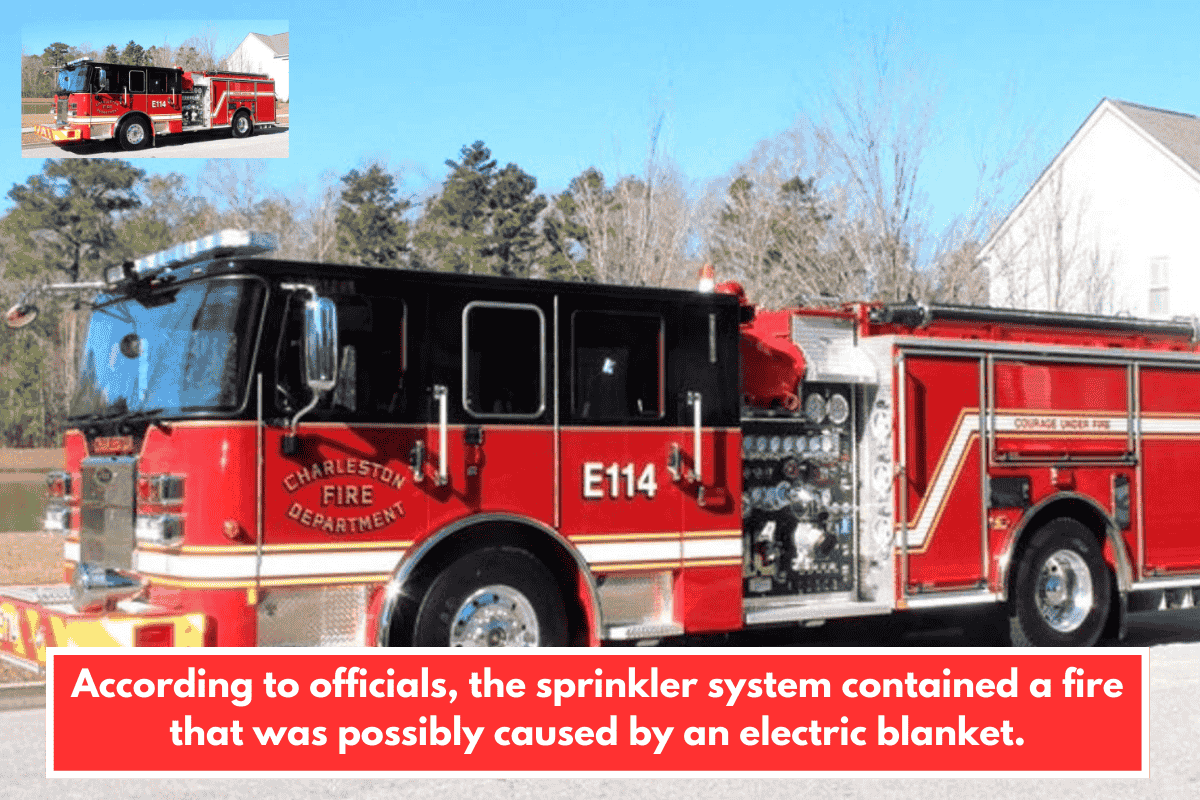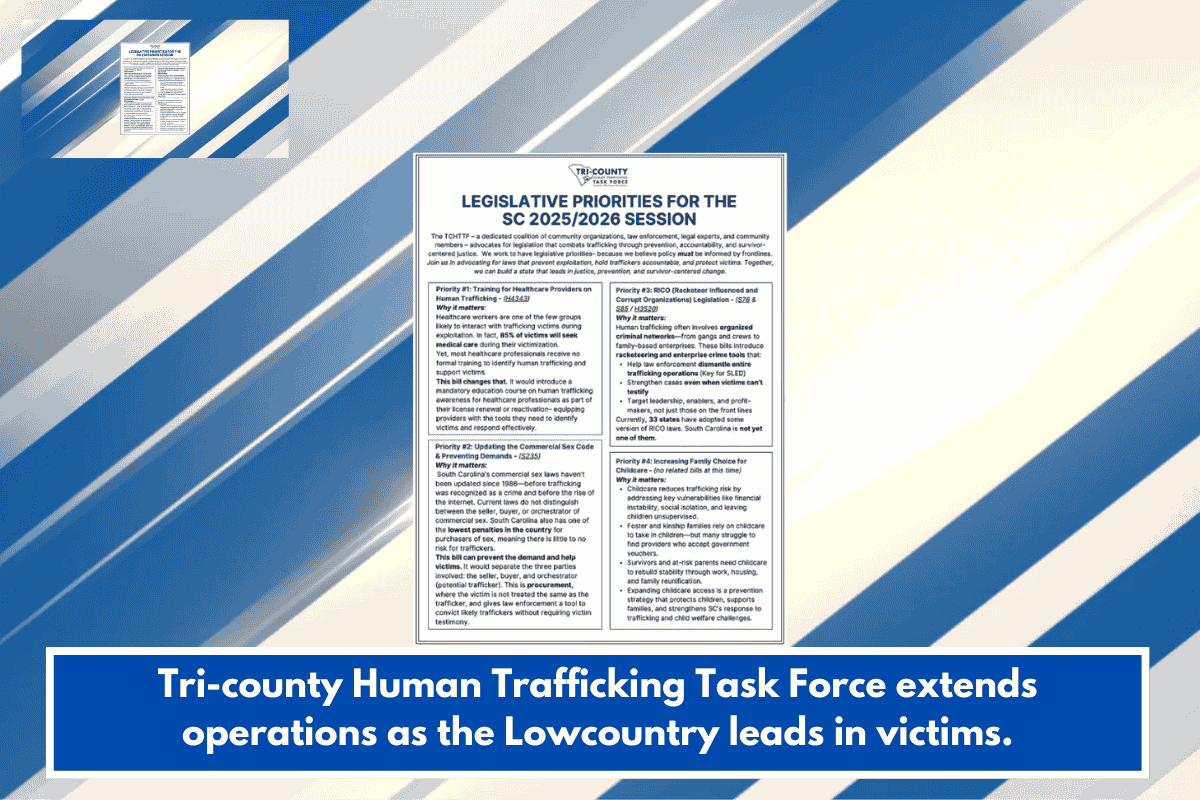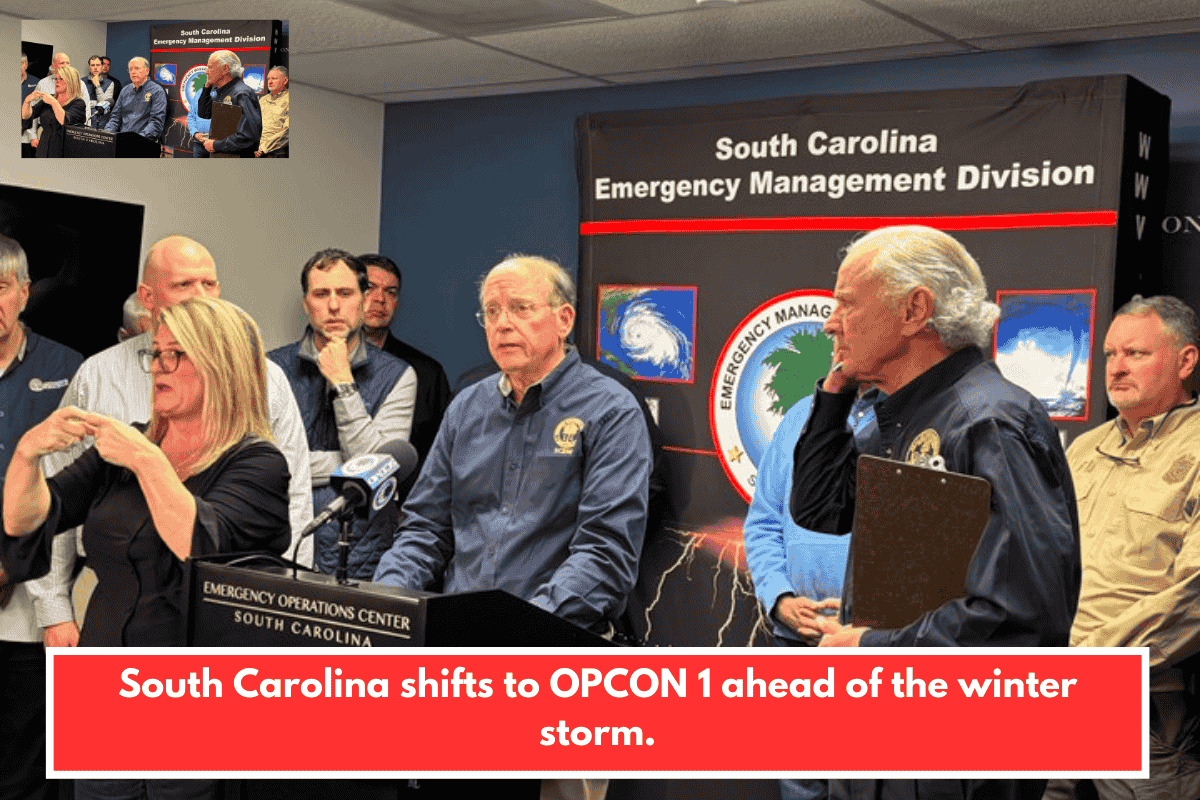- No Statewide Ban:
Connecticut does not have a state law specifically prohibiting dumpster diving. As long as you are not violating other laws, the act itself is legal. - Trespassing Laws Apply:
The most significant legal risk comes from trespassing. Most dumpsters are located on private property (businesses, apartment complexes, residences). Entering private property or ignoring “No Trespassing” signs without permission can result in trespassing charges. If a dumpster is locked, fenced off, or clearly marked as private, accessing it is illegal. - Public Property:
If a dumpster or trash is placed on public property (such as a curb for collection), it is generally considered fair game, as the owner has relinquished rights to its contents. However, some municipalities may have their own ordinances restricting this activity. - Local Ordinances:
Some Connecticut cities or towns may have specific rules or ordinances that further restrict or prohibit dumpster diving, even if state law does not. Always check local regulations before diving. - Other Legal Risks:
- Disorderly Conduct or Littering: You could face charges if you create a mess or disturb the peace while dumpster diving.
- Trade Secrets: Searching trash for confidential business information (such as trade secrets) is illegal under Connecticut law.
- Privacy Concerns: Dumpster diving in residential areas may raise privacy issues and could upset residents.
Summary Table
| Situation | Legality in Connecticut |
|---|---|
| Diving on public property | Legal (unless local ordinance bans) |
| Diving on private property | Illegal without permission |
| Locked/fenced/marked dumpsters | Illegal to access |
| Creating a mess/littering | Can result in fines or charges |
| Seeking trade secrets | Illegal |
Bottom Line:
Dumpster diving is legal in Connecticut as long as you respect trespassing laws, posted signs, and local ordinances. Always seek permission if on private property and avoid creating a mess or disturbing others to stay within the law.

